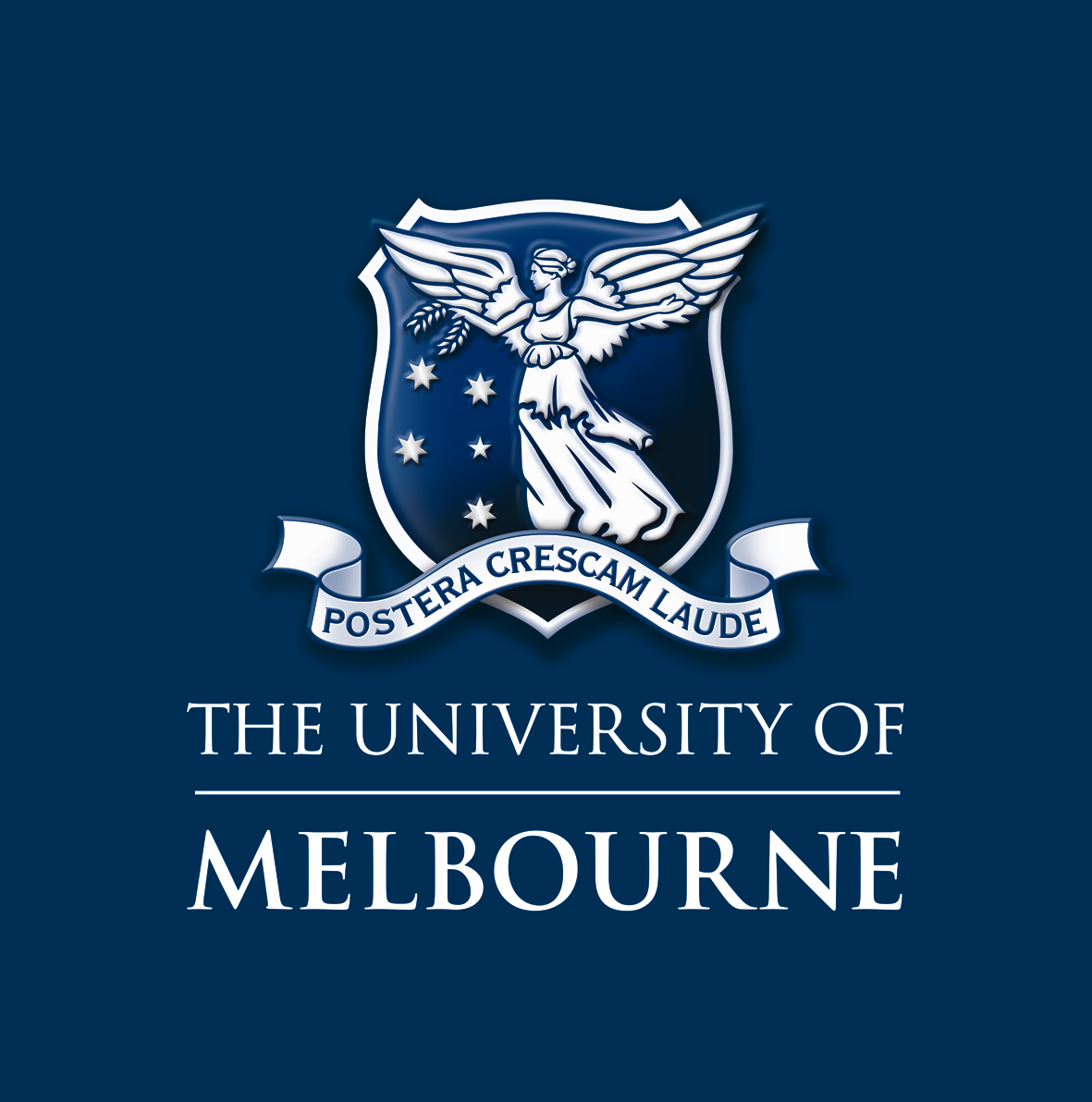Project: Targeting of exhausted T cells to improve immunity against chronic infections and in tumours
Utzschneider Group
Work by us and others has identified a subset of exhausted T cells called ‘precursors of exhausted’ T cells or Tpex cells that retain proliferative and developmental potential and, more importantly, are responsible for the proliferative burst following checkpoint blockade (Utzschneider et al. Immunity 2016, Utzschneider et al, Nat Immunol 2013 & 2020). Based on these characteristics, improving our understanding of Tpex biology is of very broad interest as they are the primary target to develop novel or improve existing immunotherapies.
Our group has two positions available that aim at targeting Tpex cells to generate highly functional T cells and thus promote control over viral or tumours growth. The projects take advantage of our established preclinical infection models and will utilize state-of-the-art gene editing technology to identify and target putative molecular pathways regulating T cell exhaustion specifically in Tpex cells. Moreover, we will establish a novel therapy approach that is based on targeting antigen presentation during chronic infection with the ultimate goal to overcome T cell exhaustion and promote the generating of highly functional T cells.
Contact project supervisor for further
information and application enquiries
Utzschneider Group
1 vacancies


CD8+ T cells persistently exposed to antigen, such as during chronic viral infections and in tumors, undergo substantial functional and phenotypic changes, a state widely known as T cell ‘exhaustion’. This includes impairments in effector function and elevated expression of inhibitory receptors such as PD-1. Inhibitory receptors constitute critical checkpoints in T cell activation and their expression represents a major mechanism by which T cell proliferation and function are limited. Blocking the activity of PD-1 augments T cell mediated immunity and has revolutionized our approach to the treatment of many cancers. However, despite the unparalleled success of this so-called checkpoint blockade, it does not revert the functional impairments linked to T cell exhaustion, which constitutes a critical limitation in utilizing the full potential of the body’s immune response.
Our group studies the mechanisms inducing T cell exhaustion with the ultimate goal to identify targets that can lead to the design and development of novel therapeutic treatments to improve health of patients suffering from chronic infections or cancer.
Utzschneider Group Current Projects
-
Targeting of exhausted T cells to improve immunity against chronic infections and in tumours
PhD/MPhil, Master of Biomedical Science, Honours



